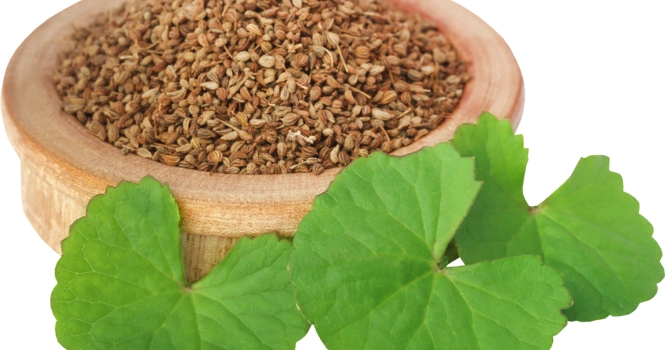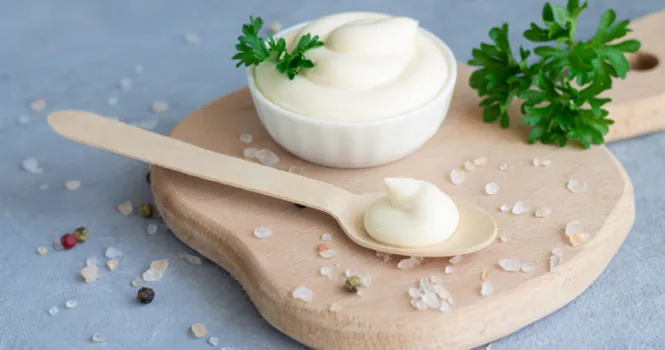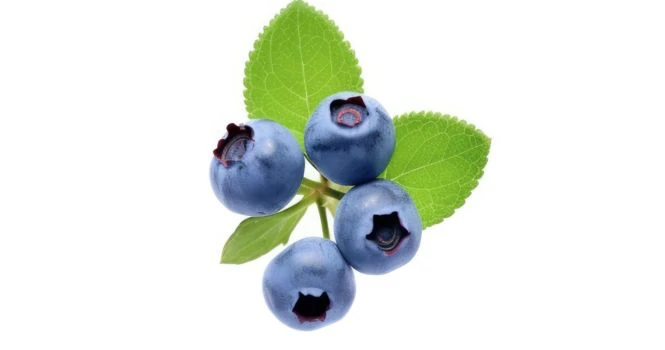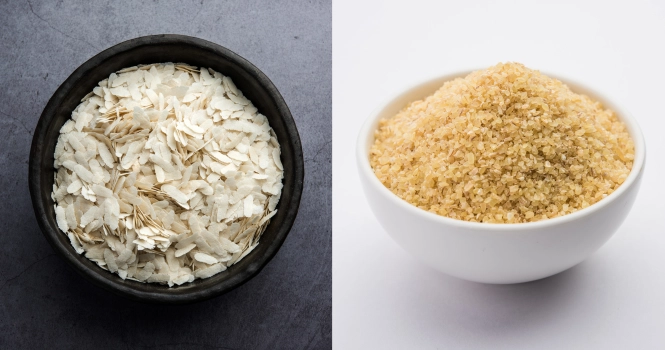Exploring the Remarkable Benefits of Ajwain Leaves

Ajwain leaves, belonging to the family of Apiaceae, are derived from the ajwain plant, known scientifically as Trachyspermum ammi.
These leaves are not as widely recognized as the ajwain seeds, but they hold their own unique place in culinary and medicinal traditions, particularly in South Asian cuisines.
Characterized by their distinct aroma and slightly bitter, pungent taste, ajwain leaves are used to add flavor to a variety of dishes and are revered for their health-promoting properties.
Rich in essential oils, antioxidants, vitamins, and minerals, ajwain leaves have been traditionally utilized to alleviate various ailments such as indigestion, colds, and even arthritis. Their antibacterial and anti-inflammatory properties make them a valuable herbal remedy in Ayurvedic and traditional medicine.
In the kitchen, these leaves can be used fresh or dried to season dishes, imparting a flavor reminiscent of thyme, which is due to the presence of thymol, a compound also found in thyme that contributes to ajwain’s distinctive taste and therapeutic benefits.
Incorporating ajwain leaves into one’s diet not only enhances the flavor profile of meals but also potentially offers a host of health benefits, making it a noteworthy ingredient both for its culinary versatility and medicinal value.
Health Benefits of Ajwain Leaves
1. Digestive Health
Ajwain leaves are renowned for their ability to enhance digestion. The active enzymes in these leaves can help in the secretion of gastric juices, aiding in the digestion of food and relieving issues like indigestion, bloating, and gas. Their carminative properties can also alleviate symptoms of irritable bowel syndrome (IBS).
2. Antibacterial & Antifungal Properties
The essential oils in ajwain leaves possess significant antibacterial and antifungal qualities. These properties can help in fighting off infections caused by various pathogens, making ajwain leaves a natural remedy for minor infections and improving overall immunity.
3. Anti-inflammatory Effects
Ajwain leaves have anti-inflammatory compounds that can help reduce inflammation in the body. This is beneficial for individuals suffering from arthritis or any inflammatory condition, providing relief from discomfort and pain.
4. Respiratory Health
Ajwain leaves can be effective in relieving symptoms of respiratory conditions like asthma, bronchitis, and common cold. They act as an expectorant, helping in the expulsion of mucus from the respiratory tract and thus easing congestion and improving breathing.
5. Weight Loss
Incorporating ajwain leaves into your diet might aid in weight loss efforts. They can enhance metabolic rate and have a diuretic effect, which helps in the reduction of water retention, contributing to weight management.
6. Heart Health
Ajwain leaves may have a positive impact on heart health. They can help in lowering blood pressure and improving cholesterol levels, thereby reducing the risk of heart disease.
7. Antioxidant Properties
Rich in antioxidants, ajwain leaves can combat oxidative stress and neutralize free radicals, which are known to cause cellular damage and contribute to various chronic diseases.
8. Menstrual Cramp Relief
Anecdotal evidence suggests that ajwain leaves can provide relief from menstrual cramps due to their antispasmodic properties. Consuming a tea made from ajwain leaves might help in easing menstrual discomfort.
9. Skin Health
The antibacterial and antifungal properties of ajwain leaves can also be beneficial for skin health, helping to treat infections and conditions like acne, eczema, and psoriasis.
10. Detoxification
Ajwain leaves can aid in the detoxification process, helping to cleanse the body by flushing out toxins, which can have a rejuvenating effect on overall health.
It’s important to note that while ajwain leaves offer numerous health benefits, they should be consumed in moderation.
Excessive consumption might lead to side effects such as heartburn or nausea. As with any herbal remedy, it’s advisable to consult with a healthcare professional before incorporating ajwain leaves into your health regimen, especially if you are pregnant, breastfeeding, or have specific medical conditions.
Frequently Asked Questions
Can we eat ajwain leaves directly?
Yes, ajwain leaves can be eaten directly, usually in small amounts due to their strong, pungent flavor. They can be added fresh to salads, sandwiches, or chutneys to impart a unique flavor and to benefit from their medicinal properties.
However, due to their intense taste, some people may prefer to use them as a seasoning in cooked dishes rather than consuming them raw.
What are the side effects of ajwain leaves?
Ajwain leaves are generally safe when consumed in moderation, but excessive intake can lead to certain side effects such as heartburn, indigestion, or nausea.
People with certain health conditions or those who are pregnant or breastfeeding should consult a healthcare professional before adding ajwain leaves to their diet. Additionally, due to their strong flavor and potential to irritate the stomach lining, individuals with gastrointestinal issues should use caution.
What is the difference between ajwain and ajwain leaves?
Ajwain refers to the seeds of the Trachyspermum ammi plant, while ajwain leaves come from the same plant but are the green, leafy parts.
Both the seeds and leaves have a similar flavor profile—pungent and slightly bitter—due to the presence of thymol, an essential oil.
However, the seeds are often used as a spice in cooking and have a stronger, more concentrated flavor, whereas the leaves are milder and can be used fresh in salads or as a herb in various dishes.
What are the benefits of ajwain ka patta?
“Ajwain ka patta” refers to ajwain leaves in Hindi. The benefits of ajwain leaves include aiding digestion, providing relief from cold and cough symptoms due to their expectorant properties, acting as an anti-inflammatory agent, and offering antibacterial and antifungal benefits.
They can also be used to alleviate pain from arthritis and menstrual cramps, support heart health, assist in weight management, and contribute to overall skin health. Additionally, their antioxidant content helps in combating oxidative stress, contributing to overall well-being.












